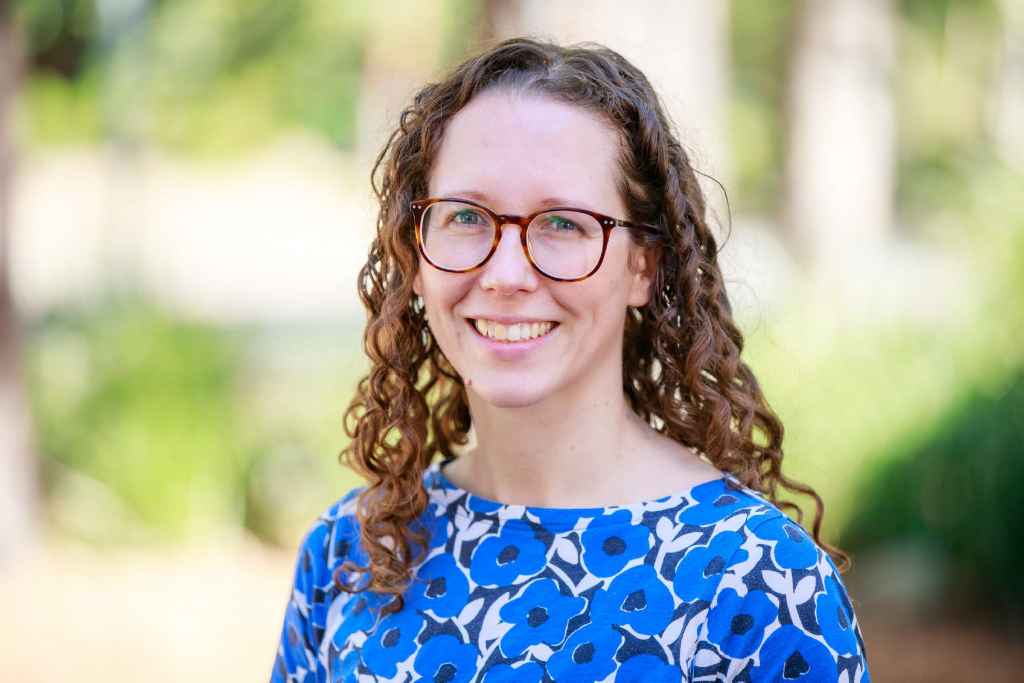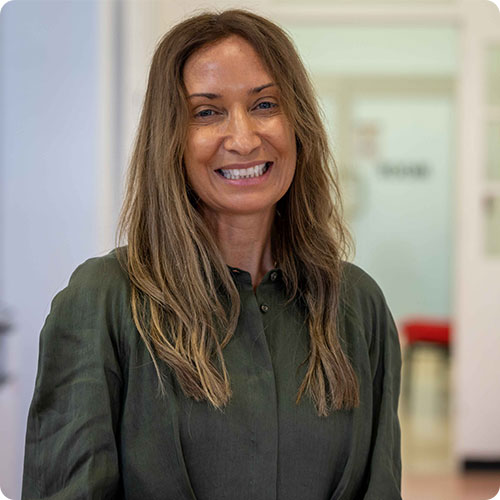The Local Organising Committee will release a Preliminary Program for the Australasian Neuroscience Society 43rd Annual Scientific Meeting later in the year.
The program will include Symposia plus abstract presentations, plenary sessions, panel discussions, posters and more!
We have already confirmed the following distinguished plenary and symposia speakers:
Plenary Speakers
International Plenary Lecturer: Professor Marina Mikhaylova
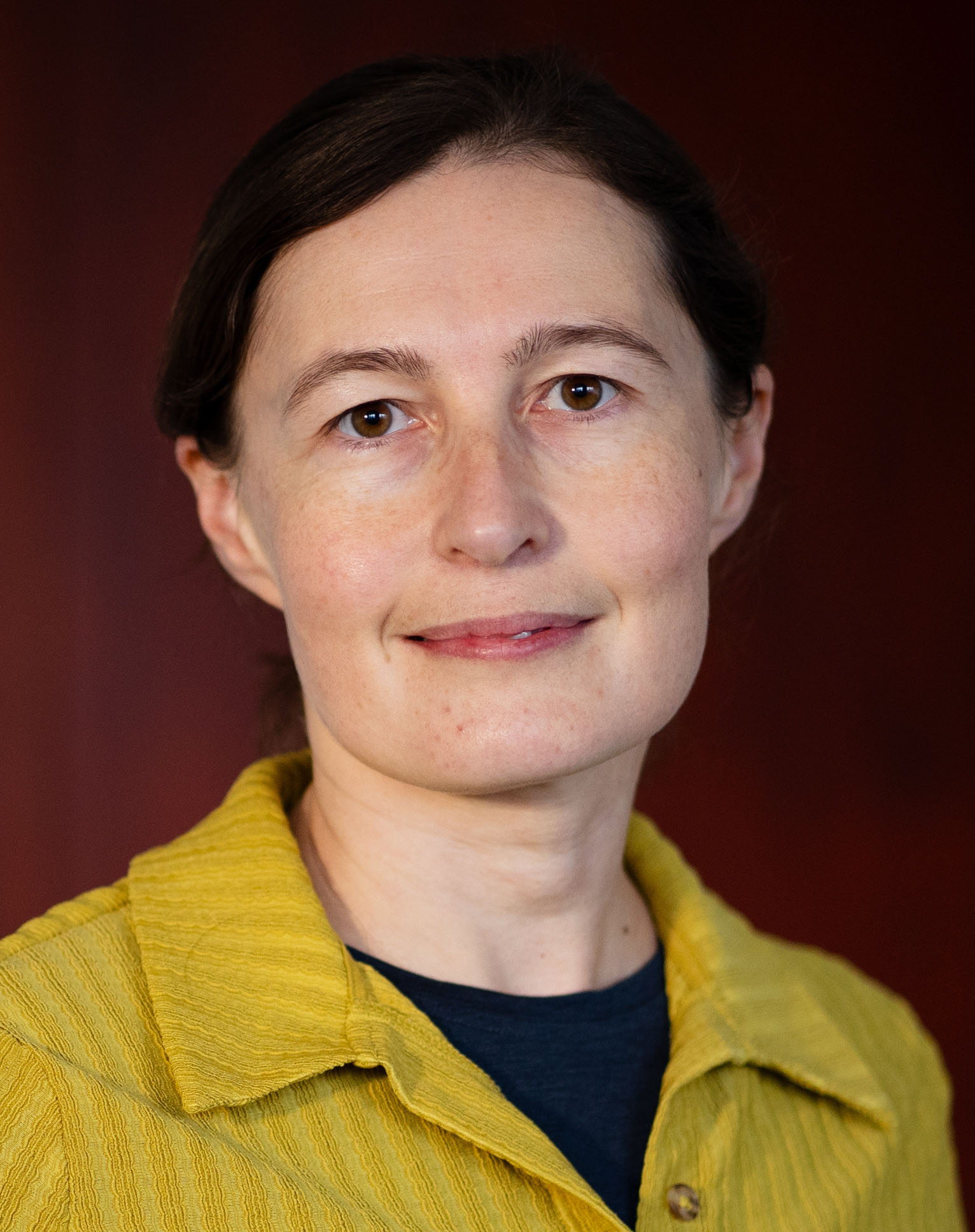
Marina Mikhaylova is an associate professor at Humboldt University (Berlin, Germany), where she leads the Research Group for Optobiology at the Institute of Biology. Her interdisciplinary work bridges cell biology and neuroscience, with a particular focus on synaptic structure, signaling, and the intracellular logistics that support neuronal communication and plasticity.
Originally from Russia, she earned her degree in Biology from Bashkir State University in Ufa and completed her Ph.D. in Neurobiology at Otto-von-Guericke University and the Leibniz Institute for Neurobiology in Magdeburg, Germany. She continued her training as an EMBO Long-Term Fellow and Marie Skłodowska-Curie Intra-European Fellow at Utrecht University (The Netherlands). From 2015 to 2020, she led an independent research group funded by the DFG Emmy Noether Program at the Center for Molecular Neurobiology Hamburg (ZMNH), University Medical Center Hamburg-Eppendorf. In 2020 she joined Humboldt University in Berlin.
Her research addresses how neurons regulate the delivery, positioning, and clearance of key molecular components at synapses, and how these mechanisms support learning and memory. The Mikhaylova Lab investigates the dynamic architecture of synapses, focusing on cytoskeletal elements, particularly microtubules and actin filaments, and the trafficking of organelles and synaptic proteins. These processes are studied in the context of synaptic plasticity, dendritic spine remodeling, and memory consolidation.
To tackle these questions, her team employs a broad range of biochemical, biophysical, and molecular biology approaches, combined with cutting-edge imaging techniques.
Lawrie Austin Plenary Lecturer: Professor Alex Fornito
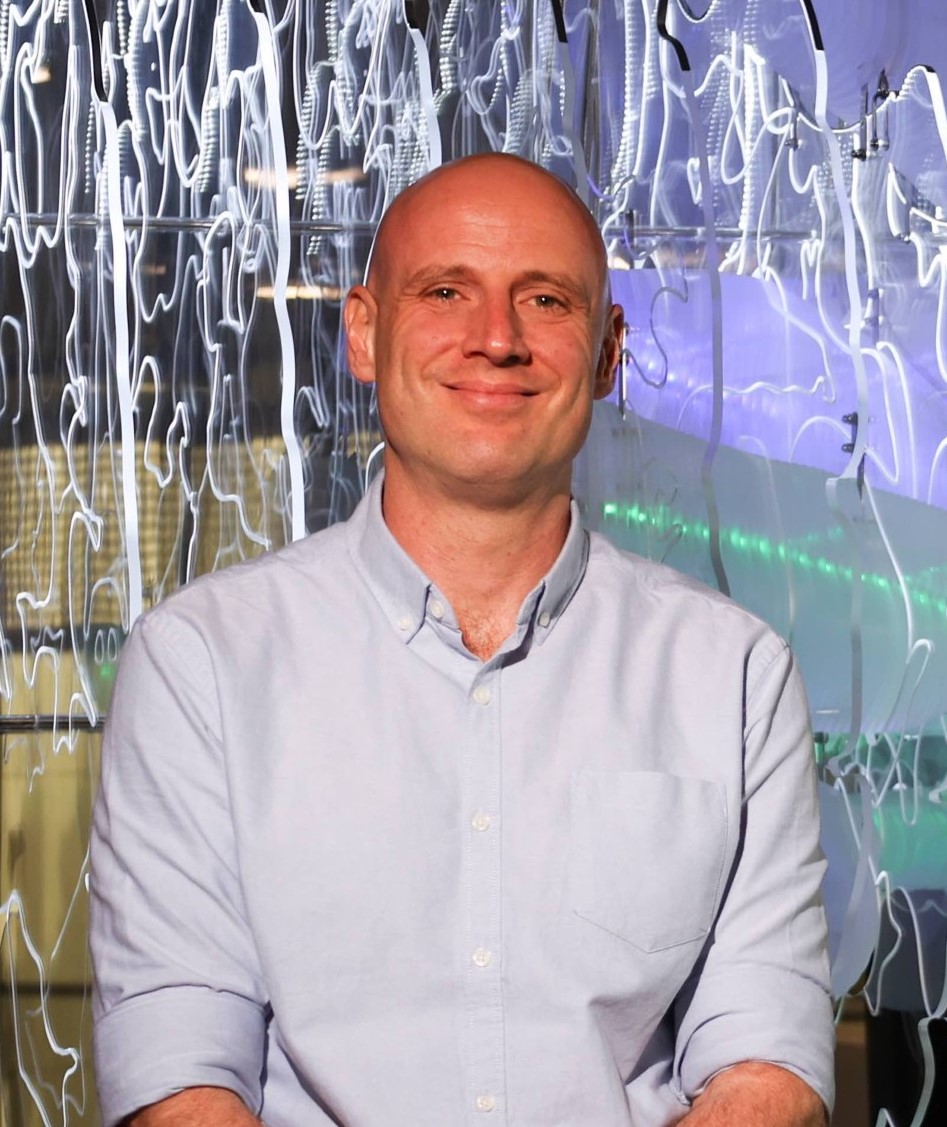
Alex Fornito completed his PhD in the Departments of Psychology and Psychiatry at The University of Melbourne before undertaking Post-Doctoral training in the Department of Psychiatry at the University of Cambridge, UK. He is currently a Laureate Fellow of the Australian Research Council, Professor in the School of Psychological Sciences, and Head of the Brain Mapping and Modelling Research Program and Neural Systems and Behaviour Lab of the School of Psychological Sciences at Monash University in Melbourne, Australia.
Alex’s research develops new approaches to mapping and modelling the human brain in health and disease, with a focus on understanding foundational principles of brain organization and their genetic basis, characterizing brain disturbances in psychiatric disorders, and understanding how individual variability in brain structure and function relates to behaviour. He is a Clarivate Analytics Highly Cited Researcher and has received multiple awards, including from the Organization for Human Brain Mapping, the Society for Biological Psychiatry, the British Medical Association, and the Australian Academy of Science. He is incoming Editor-in-Chief of Network Neuroscience, Deputy Editor of Biological Psychiatry, Associate Editor of Science Advances, Board Reviewing Editor of eLife, and a member of the editorial boards for Imaging Neuroscience and Biological Psychiatry: Cognitive Neuroscience and Neuroimaging.
ANS Plenary Lecturer: Dr Miriam Matamales
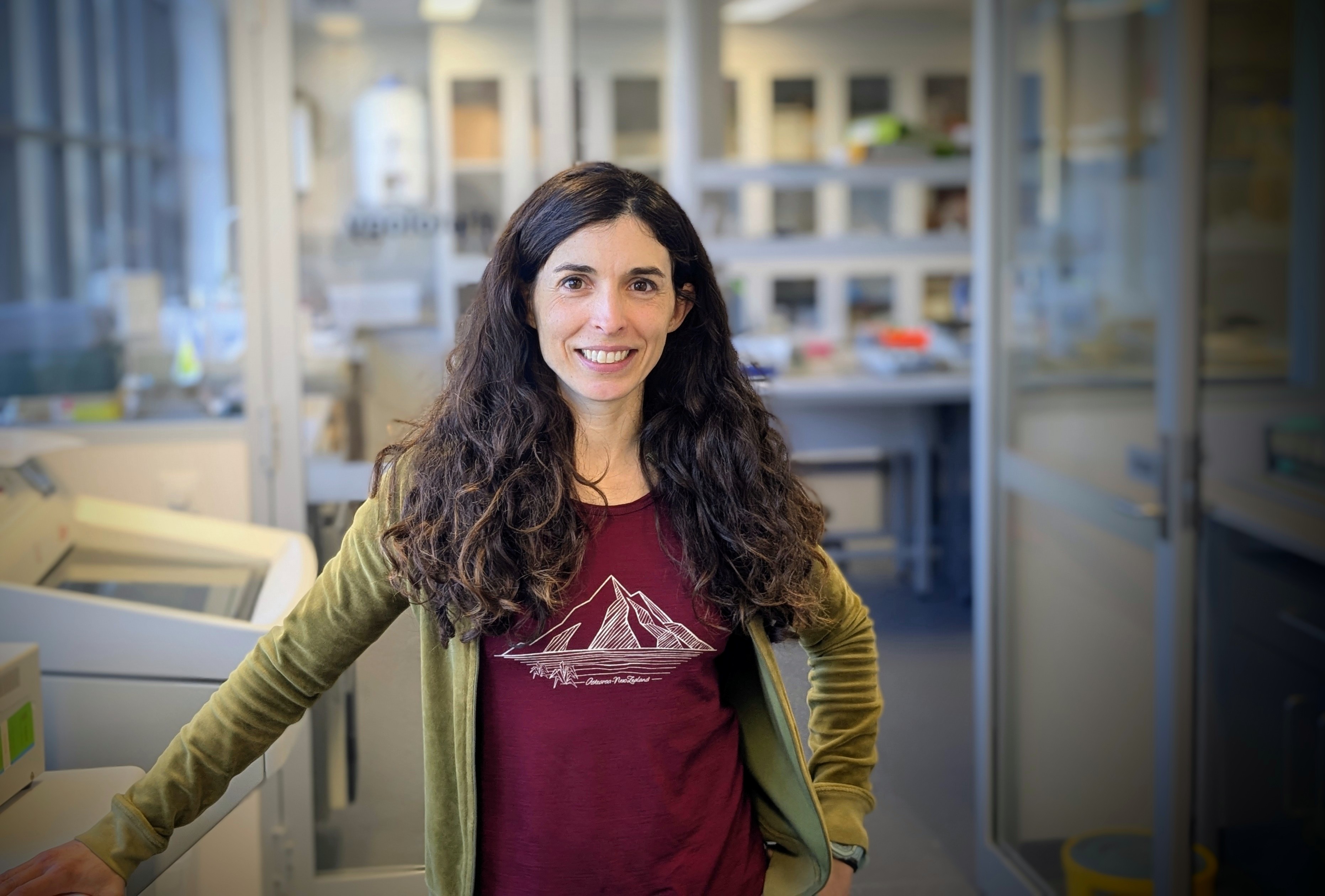
Miriam Matamales is a Scientia Senior Lecturer, Australian Research Council Future Fellow, and Head of the Neuromodulatory Systems & Behaviour Lab at the School of Psychology, University of New South Wales. Her research focuses on the neural circuits underlying goal-directed learning and how their dysfunction impairs appropriate behaviour. To this end, her laboratory combines advanced neuroscience techniques, sophisticated behavioural paradigms, and comprehensive computational analysis, allowing them to gain mechanistic insights into the cellular and circuit mechanisms driving learning and behavioural change.
She completed her PhD in Neuroscience at the Université Pierre et Marie Curie (Paris) and was subsequently awarded the EMBO Long-Term Fellowship to pursue postdoctoral research training, first at the University of Sydney and then at the University of Queensland. She then moved to the University of New South Wales, where she established an independent line of research within the Decision Neuroscience Laboratory. She has been honoured with the Paxinos-Watson Award by the Australasian Neuroscience Society, the UNSW Science Dean's Awards for Excellence in Research, and the Tourette Association of America’s Young Investigator Award.
Elspeth McLachlan Plenary Lecturer: Professor Peter Crack
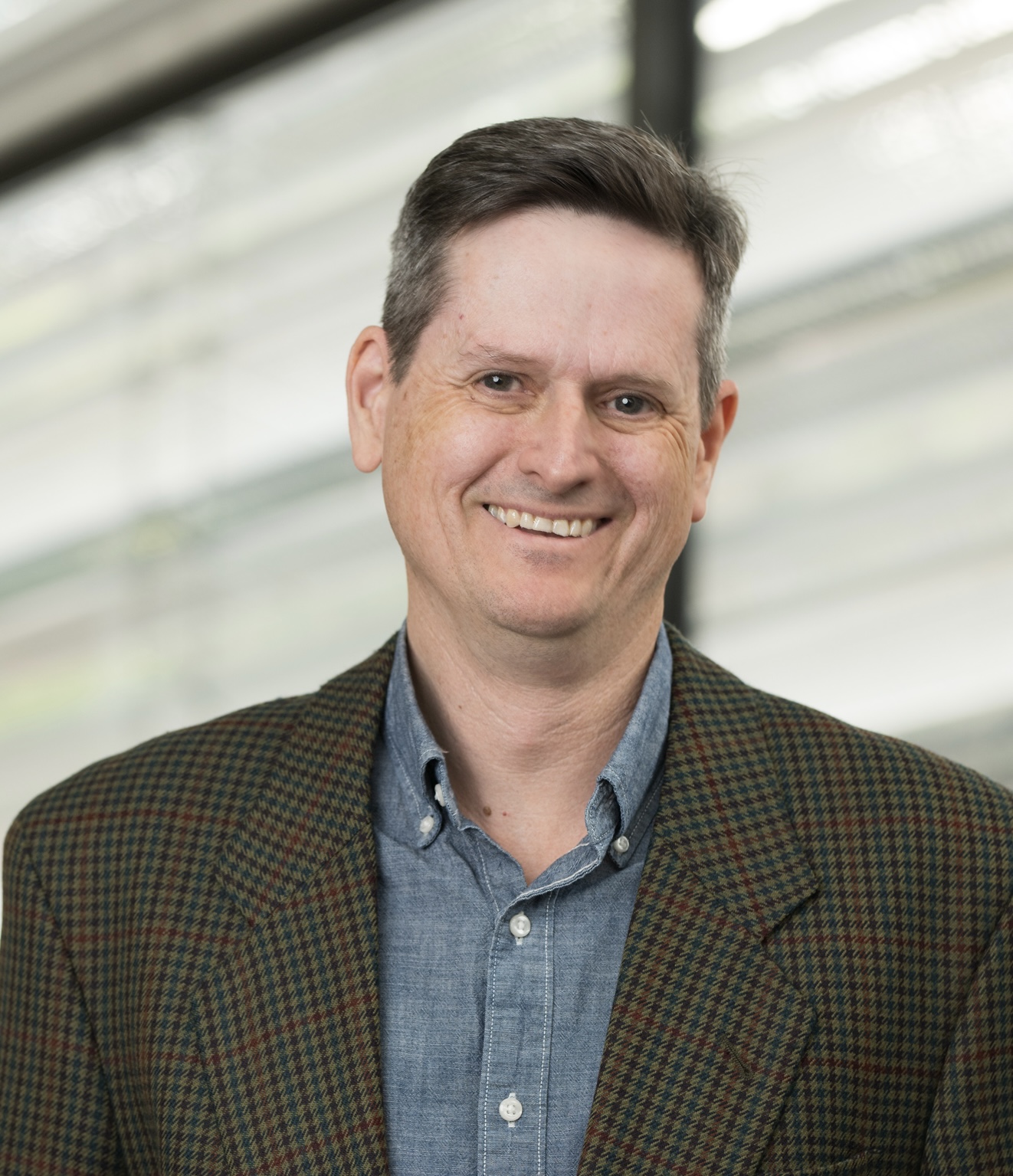
Peter Crack is head of the Neuropharmacology research group in the Department of Biochemistry and Pharmacology at the University of Melbourne, Melbourne, Australia. His group’s research interests focuses on the mechanisms of cell death seen in neural injury and the effect of oxidative stress and neuroinflammation in contributing to neural cell death, in both acute and chronic neuropathologies. His work has recently focused on the role that the type-I interferon signalling plays in the regulation of neuroinflammation in traumatic brain injury and Parkinson’s disease. To this end his group has begun a drug discovery program to develop small molecule inhibitors of this pathway.
Eccles Plenary Lecturer: Professor Melinda Fitzgerald
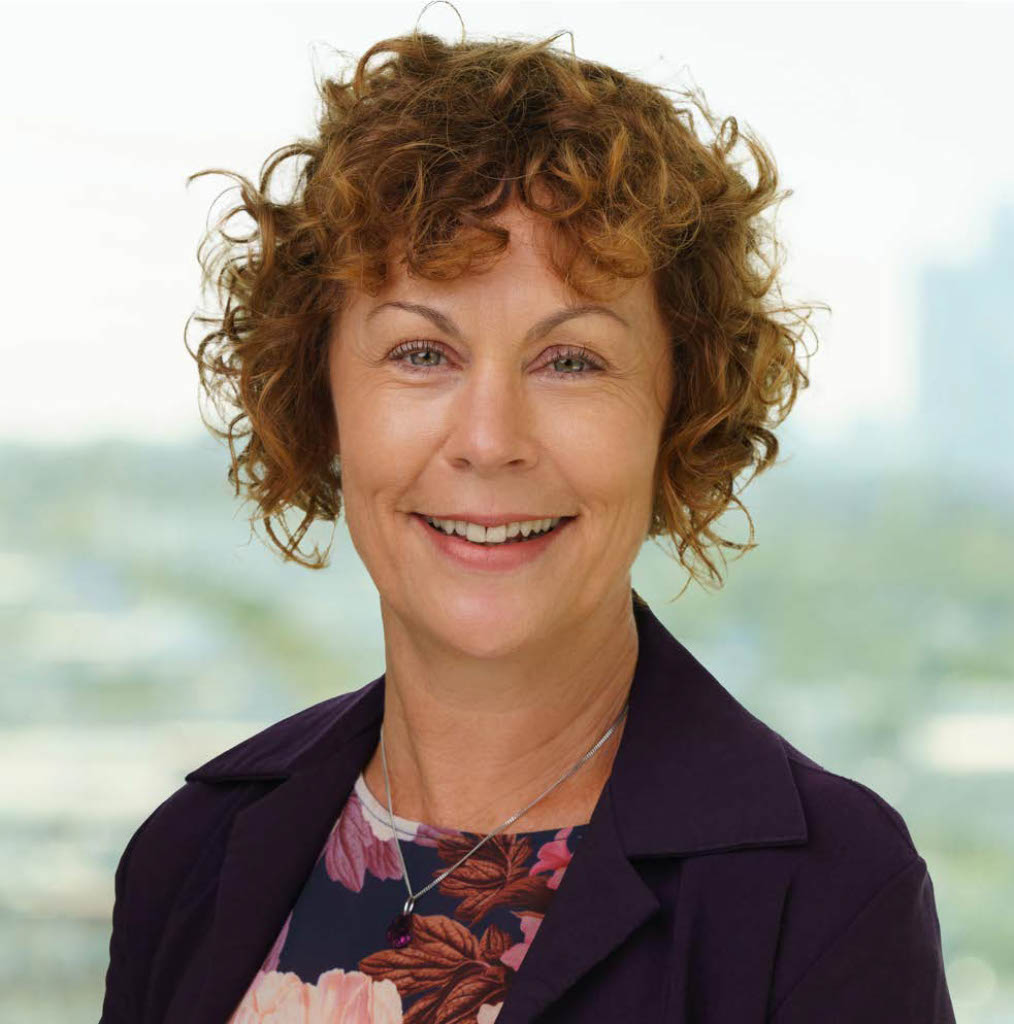
Melinda Fitzgerald is Deputy Vice Chancellor, Research at Curtin University, John Curtin Distinguished Professor and CEO of Connectivity Traumatic Brain Injury Australia. She has published over 135 papers; recent highlights include Lancet Neurology, J Neuroscience, Nature Nano, ACS Nano, Biomaterials. Currently held grants/Projects total $10.1 million; CIA for $5.2 million of these; $18.5 million total research and equipment funding, $9.9 million as CIA; continuous category 1 grant funding as CIA since 2009. Prof Fitzgerald was Ministerially appointed and re-appointed as Chair and Co-Chair of the Expert Working Group of the Federal Government MRFF Mission for TBI, 2019 and 2024 ($50m over 10 years). Prof Fitzgerald is a Member of the Executive Committee for International TBI Research (InTBIR2) and Co-Chair of the InTBIR2 Working Group on Observational and Comparative Effectiveness Studies. Melinda has supervised >35 Honours students or equivalent, 20 PhD students (14 completions), and 12 post-doctoral researchers (5 currently); of whom 3 are Group Leaders and 15 are developing independent scientific and research careers. As CEO of Connectivity Traumatic Brain Injury Australia, Prof Fitzgerald has led dissemination of best practice knowledge to the community. Connectivity’s work on raising awareness of traumatic brain injury has been viewed more than 6.93 million times, including 255,000 individual users of the website and >641,000 views on YouTube, accessing research-informed, best practice evidence-based information about concussion and more severe traumatic brain injury, including 110,000 views of our Aboriginal and Torres Strait Islander prevention campaign. Provision of concussion online short courses, currently >14,400 completions.
Symposia Speakers
Modelling neurodegenerative diseases in vitro
Chair: Alistair Fortune

Presenters: Samantha Barton, Anthony White, Lezanne Ooi, Jessica Fletcher (L-R)




Synaptic plasticity mediating adaptive and maladaptive behaviours
Chairs: Jai Polepalli, Joanna Yau (L-R)
Presenters: Yee Lian Chew, Roger Marek, John Power, Laura Bradfield (L-R)
Delineating brain regions- importance & current methods of application
Chair: Rita Machaalani

Presenters: Vaughan Macefield, Brooklyn Wright, Hamid Karimi-Rouzbahani, Natasha Kumar (L-R)




Cancer Neuroscience: Defining and targeting neural-tumour interactions in the body and brain
Chair: Erica Sloan
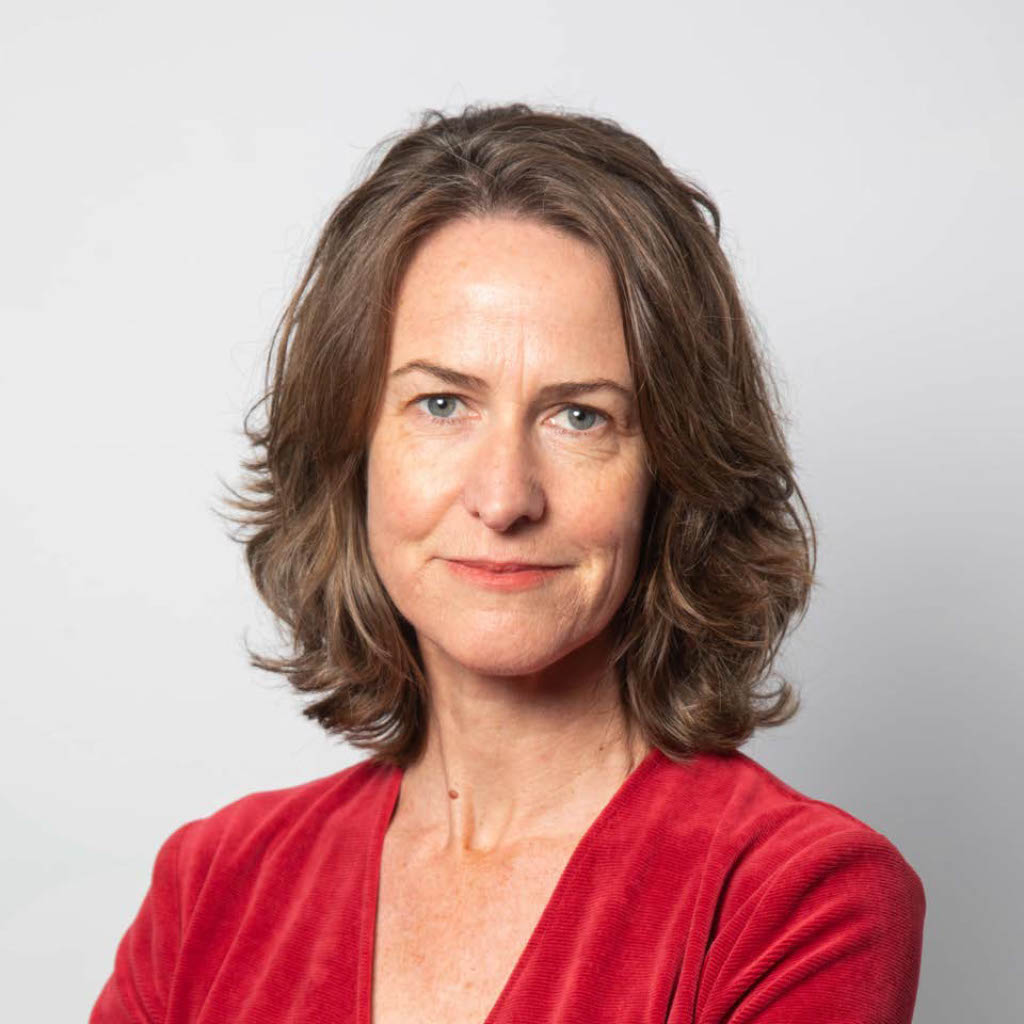
Presenters: Hubert Hondermarck, Karen Dixon, Aeson Chang, Delphine Merino (L-R)

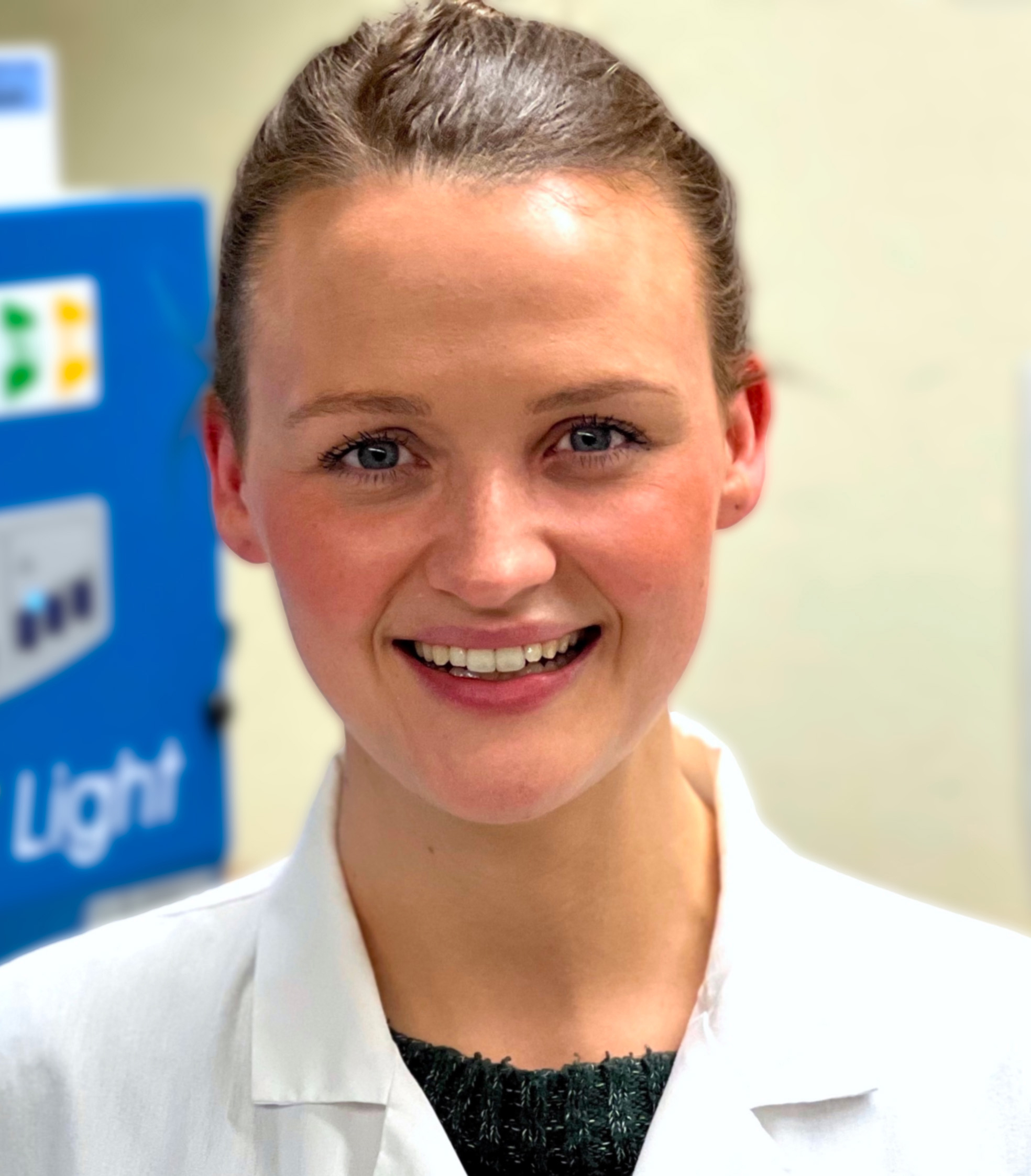
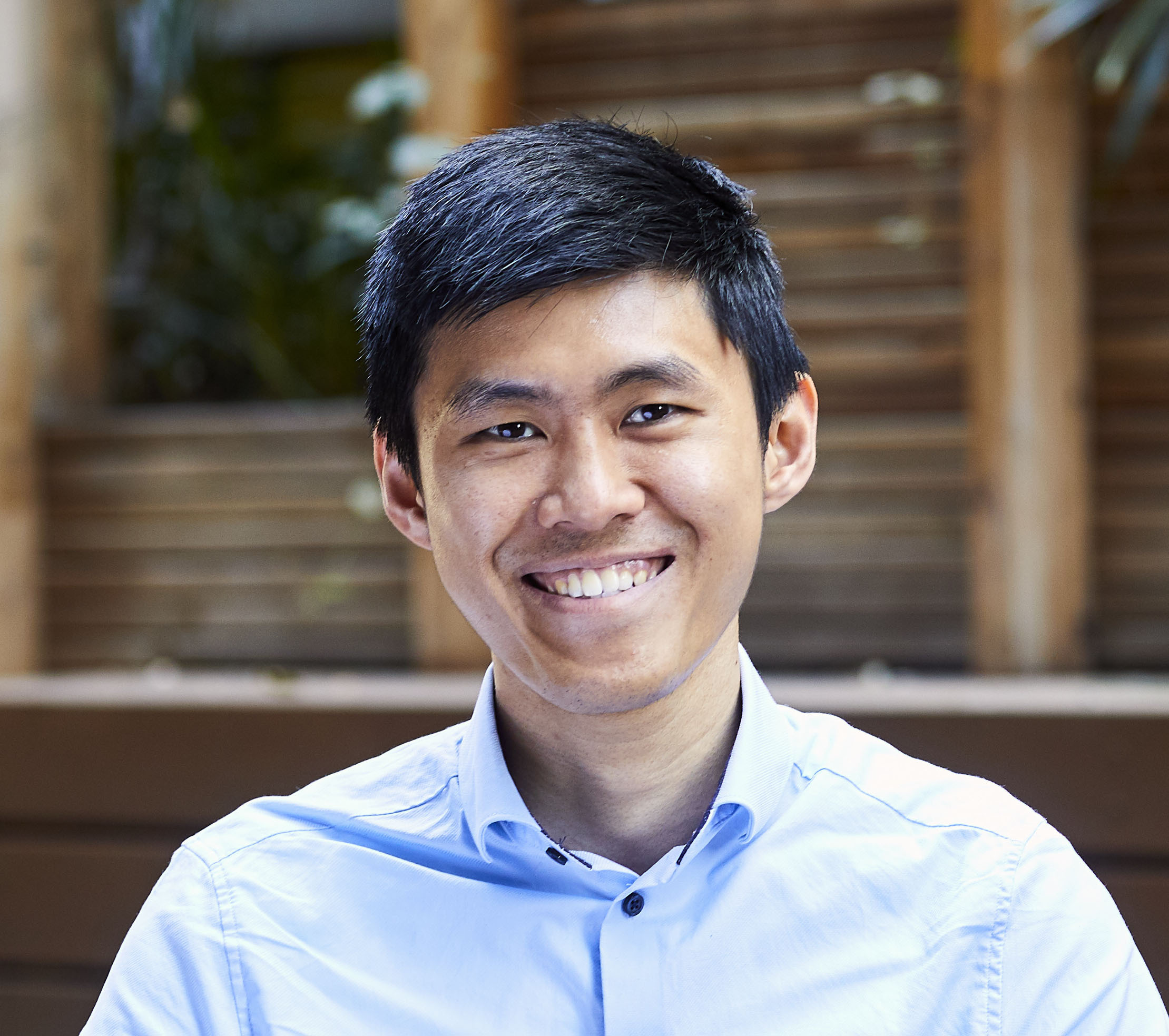
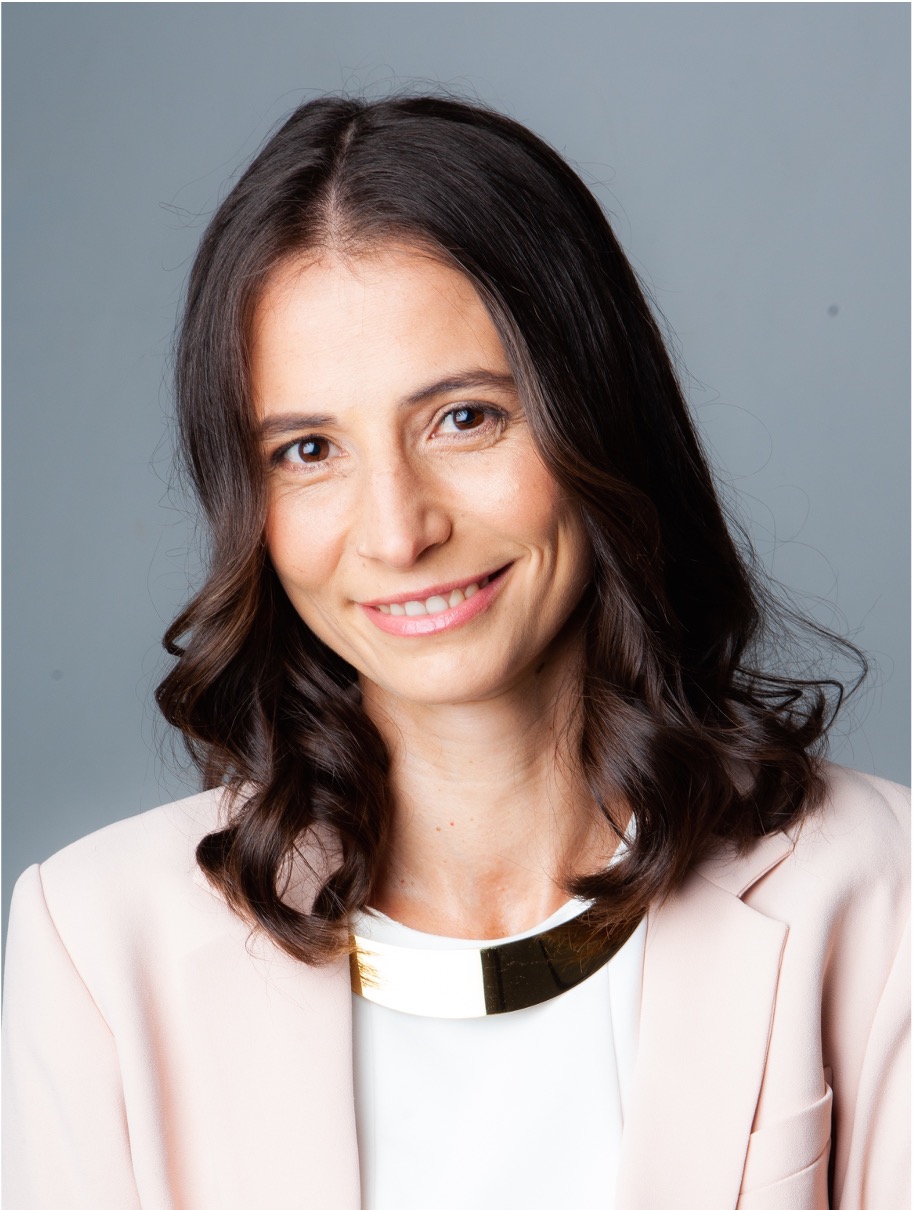
From cells to stories: the application, experience and science of rTMS
Chairs: Jennifer Rodger, Aleksandra Miljevic (L-R)


Presenters: Paul E. Croarkin, Donelle Toussaint, Maitri Tomar, Carlie Cullen (L-R)




The Brain’s Neuromodulatory Yin-Yang: Dopamine and Acetylcholine in Learning and Disease
Chairs: Jay Bertran-Gonzalez, Genevra Hart (L-R)


Presenters: Thomas Burton, John Reynolds, Nathalie Dehorter, Leigh Walker (L-R)




Circuit Neuroscience
Chair: Barry Dickson
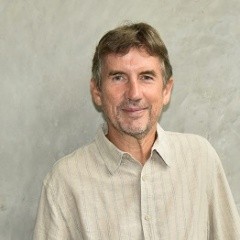
Presenters: Ehsan Arabzadeh, Lucy Palmer, Ethan Scott, Clarissa Whitmire (L-R)

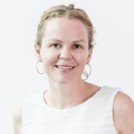

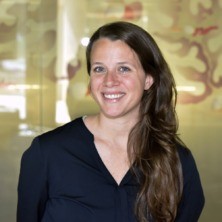
New insights into the roles of the cerebrovasculature in nutrient supply, waste removal, neurodegenerative diseases and beyond
Chairs: Kirsten Coupland, Brad Sutherland (L-R)


Presenters: Gary Morris, Clare Howarth, Leon Smyth, Catherine Foster (L-R)




An update on Sensory Circuits of the Spinal Cord and Peripheral Nervous system
Chair: Brett Graham
Presenters: Andrea Harrington, David Hughes, Tyler Browne, John-Paul Fuller-Jackson (L-R)




Exploring Complexities in Addiction Neuroscience
Chairs: Gavan McNally

Presenters: Melissa Sharpe, Andrew Lawrence, Kelly Clemens, Ellen Towers (L-R)




Exploring glial cell communication in situ
Chair: Roisin Moloney

Presenters: Emily Willis, Erica Fletcher, Koji Oishi, David Gonsalvez (L-R)




Collecting and evaluating animal models in mental health science and building an online resource for researchers: A Wellcome initiative
Chairs: Rachel Hill, Michelle Kehoe (L-R)


Presenters: Jee Hyun Kim, Susannah J. Tye, James Kesby, Suresh Sundram (L-R)




From rare to common disease; from kids to adults
Chair: Tony Cook

Presenters: Paul Lockhart, Snezana Maljevic, Karissa Barthelson, Adam Walker (L-R)




Circuitry Under Strain: Development, Trauma, and Disease in Motor Systems
Chair: Alison Canty, Ross Langley (L-R)


Presenters: Katharina Quinlan, Sharn Perry, Kai Feng, Simon Ocarroll (L-R)


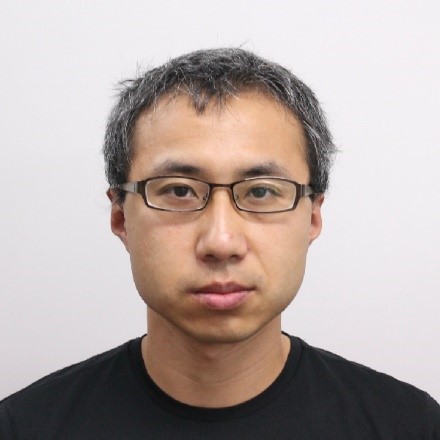

The quiet loud brain: Exploring Spontaneous Brain Dynamics Across Species
Chairs: Daisuke Shimaoka, Madhu Perumal (L-R)


Presenters: Richa Phogat, Angus Leung, Rodrigo Suarez, Conrad Lee (L-R)




Enhancing Indigenous inclusion, support and participation in neuroscience research
Chairs: Phillippa Taberlay, Emily Garrett (L-R)
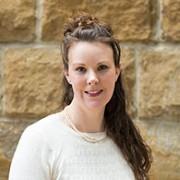
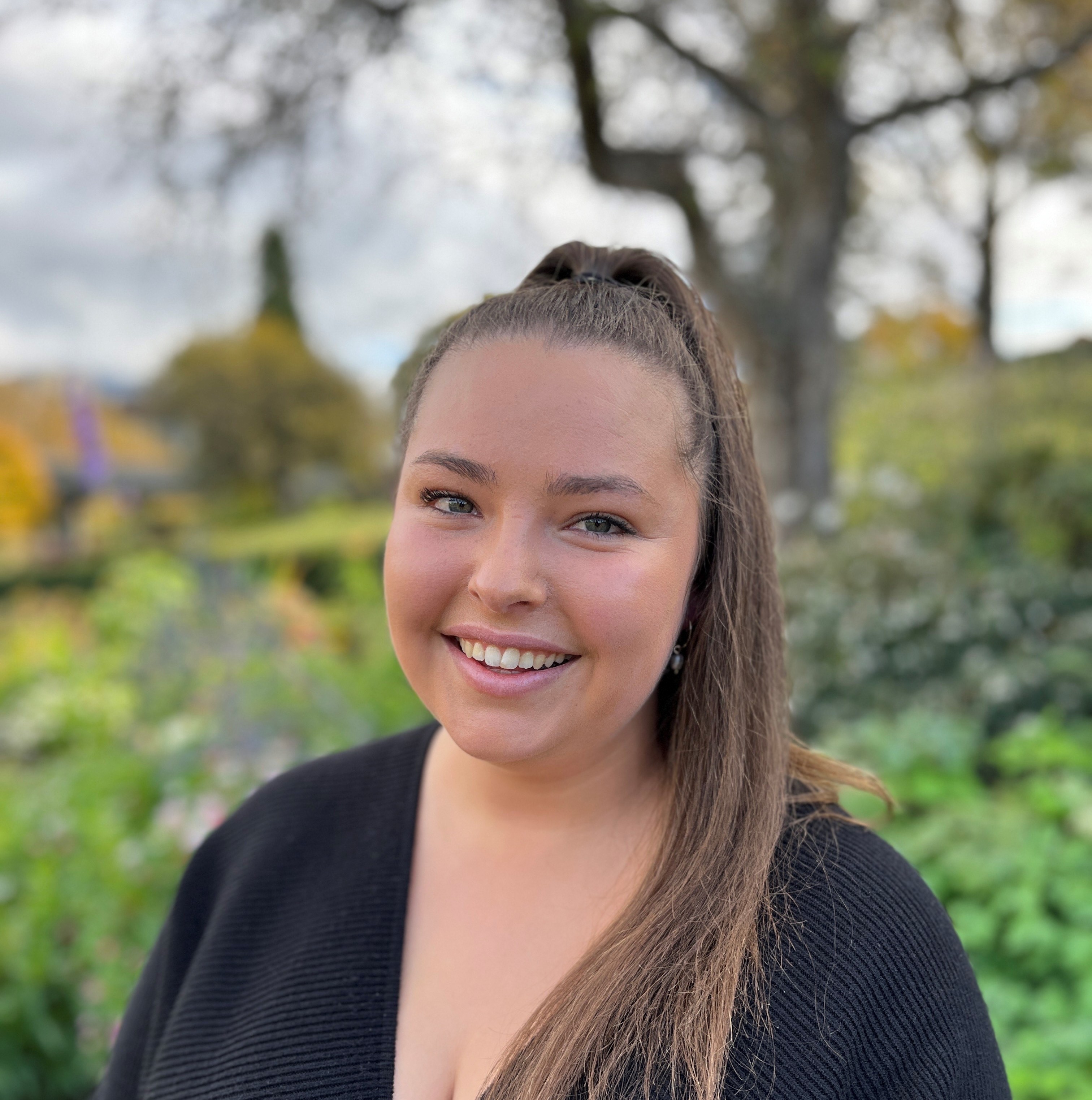
Presenters: Elizabeth Manning, Maree Toombs, Jennifer Evans (L-R)
